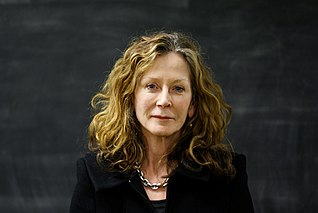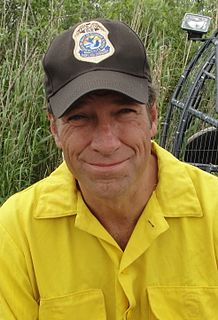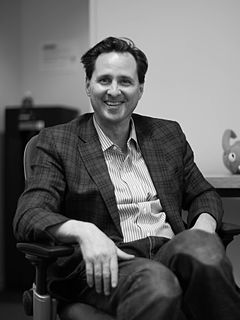A Quote by Cheryl Heller
The real work of social innovation is to fix our broken human systems.
Related Quotes
My mothers dad dropped out of the eighth grade to work. He had to. By the time he was 30, he was a master electrician, plumber, carpenter, mason, mechanic. That guy was, to me, a magician. Anything that was broken, he could fix. Anybody anywhere in our community knew that if there was a problem, Carl was there to fix it.
My mother's dad dropped out of the eighth grade to work. He had to. By the time he was 30, he was a master electrician, plumber, carpenter, mason, mechanic. That guy was, to me, a magician. Anything that was broken, he could fix. Anybody anywhere in our community knew that if there was a problem, Carl was there to fix it.
Morality is neither rational nor absolute nor natural. World has known many moral systems, each of which advances claims universality; all moral systems are therefore particular, serving a specific purpose for their propagators or creators, and enforcing a certain regime that disciplines human beings for social life by narrowing our perspectives and limiting our horizons.
The money in the stabilization fund, $130 billion which I call an insurance bailout, is put in to try to cure the adverse selection that Obamacare created by making insurance too expensive. Healthy people didn't buy it. They tried to fix this by forcing young people to buy it through an individual mandate. Even that didn't work. So the way the Republicans fix it is they don't actually fix it. They subsidize it. So we have to fix what went wrong with Obamacare, not just recapitulate something that's broken.
In general, the questions that are on our mind are the same questions that have been driving our work over the past decade. How do we bring order to this messy, unpredictable world of innovation? How can we dramatically improve the chances of creating a successful new-growth business? How can we do this again and again? More specifically, it has become very clear that the fundamental paradigms of market segmentation and branding are badly broken - and we're working on developing more useful theories for these dimensions of innovation.
Human social life, I suggest, is the magma that erupts and builds up, so to speak, at the fault lines where natural human capacities meet and grind against and over natural human limitations…. This meeting of powers and limitations produces a creative, dynamic tension and energy that generates and fuels the making of human social life and social structures…. It is real human persons living through the tensions of natural existential contradictions who construct patterned social meanings, interactions, institutions, and structures.
































